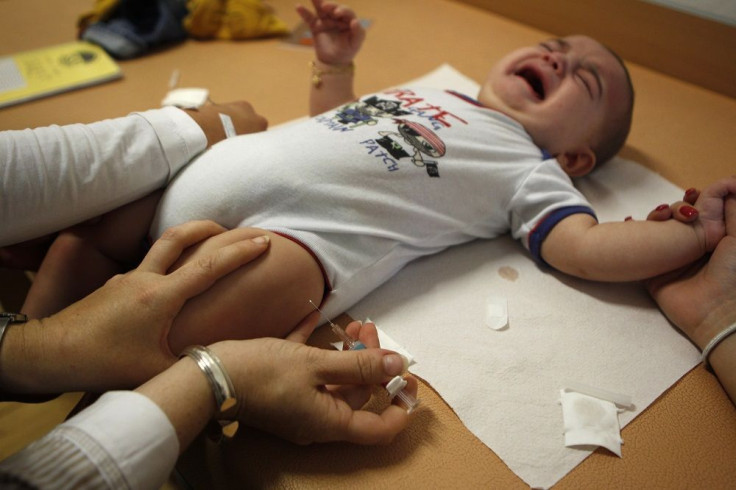Babies Who Eat Solid Food Earlier Are Less Prone To Paediatric Cancer, Study Reveals

The latest research might help eliminate confusion regarding when mothers start feeding solid food to their babies. A recent study conducted by the researchers from the University of Texas has claimed that infants who start consuming solid foods later than six months of age have an increased risk of acute lymphocytic leukaemia (ALL).
"I think that infant feeding exposures are important because they're universal — all infants are going to be fed. "And they're modifiable, so we can change the way that infants are fed, according to our knowledge and best practices," said lead researcher Jeremy Schraw.
During the study, the researchers gathered two groups of Texas children—172 with ALL and 344 healthy children. The children among the group were either breastfed or given infant formula prior to the consumption of solid food. The researchers found that the children who started taking solid food around 10 months were at a four times greater risk of being diagnosed with ALL, as compared to children who started eating solid food at the age of 8 months.
Overall, the study found that with every month of delay in the start of solid food, the risk or likelihood of developing ALL gets increased by 14 percent. The research also revealed that starting solid food between 5 and 6 months does not have any significant impact on the child's risk for ALL.
"Delaying introduction of solids might delay immune challenges to a child, and interfere with the normal development of the immune system, thereby increasing their risk of ALL,” claimed Schraw.
ALL is known to be one of the most common form of paediatric cancer in the US. The unpublished study results were recently presented at the annual meeting of the American Association for Cancer Research.
To report a problem or to leave a feedback on the article, send an email to emailtoguneet@gmail.com.





















